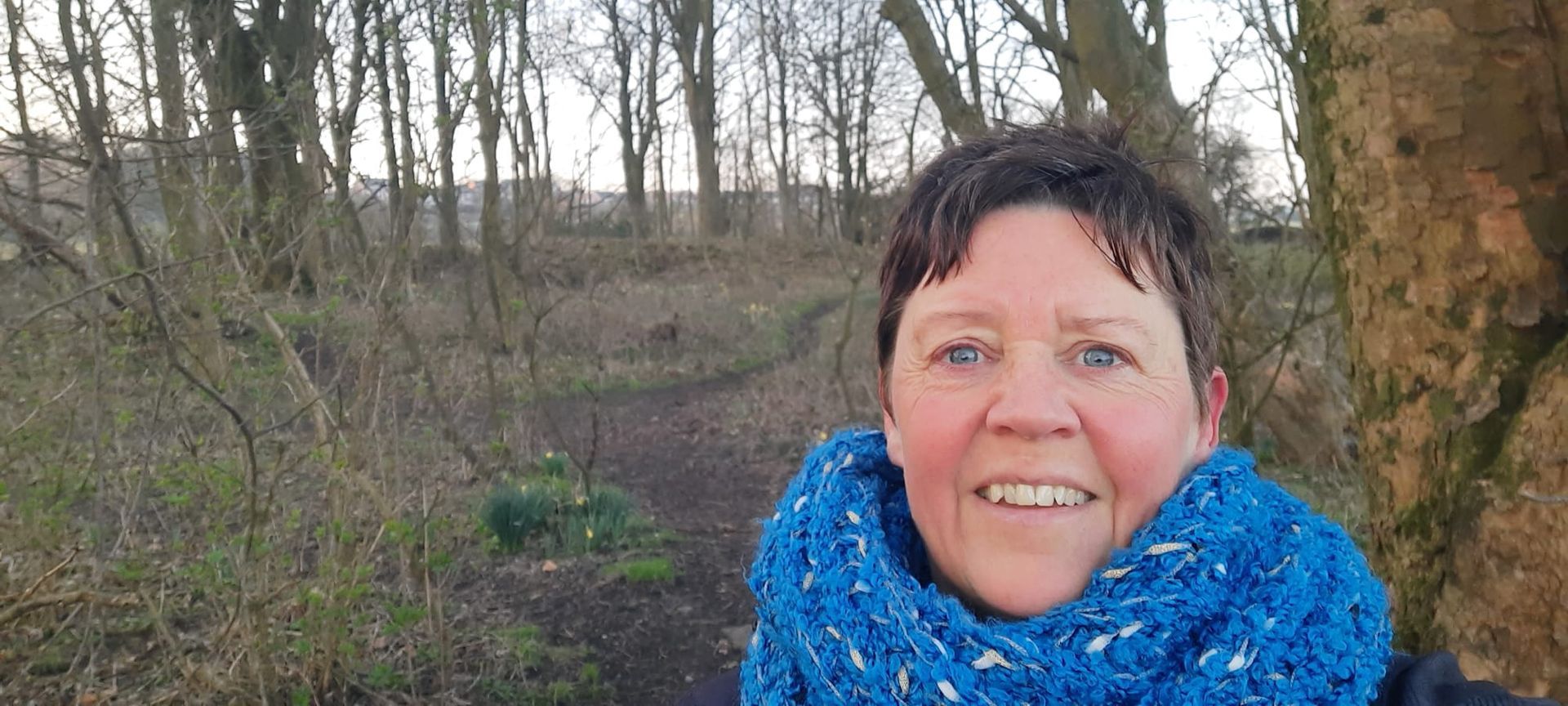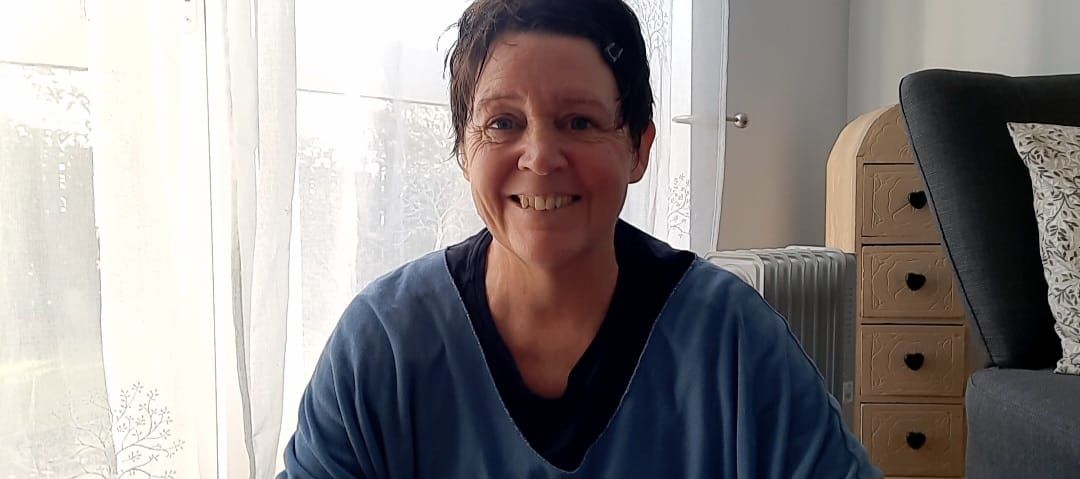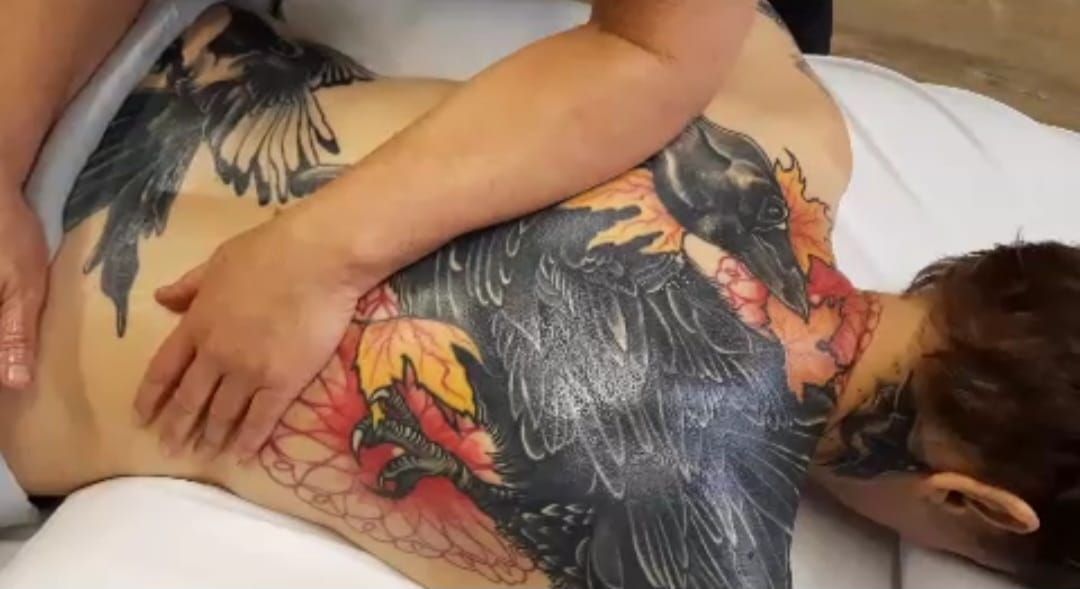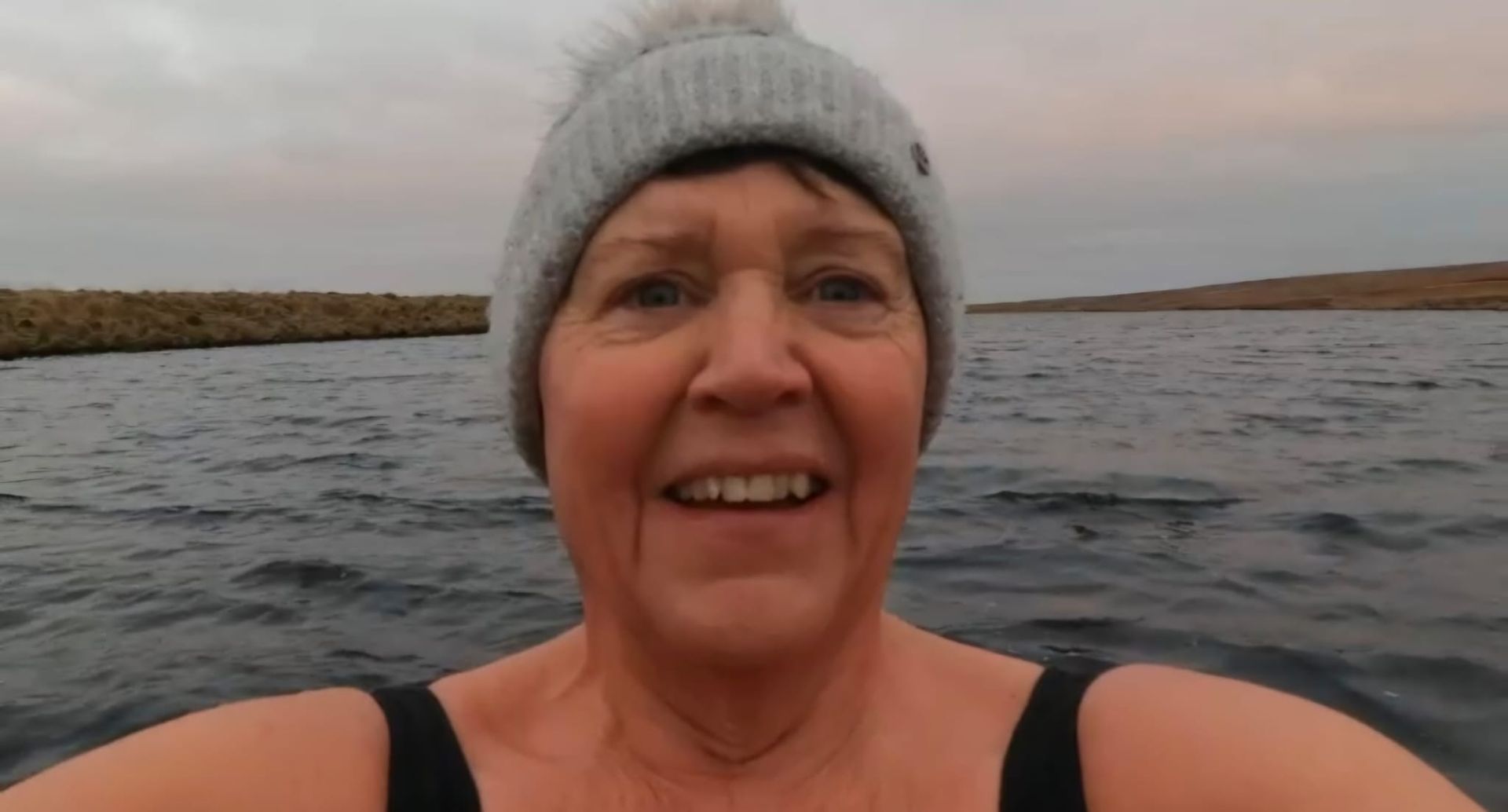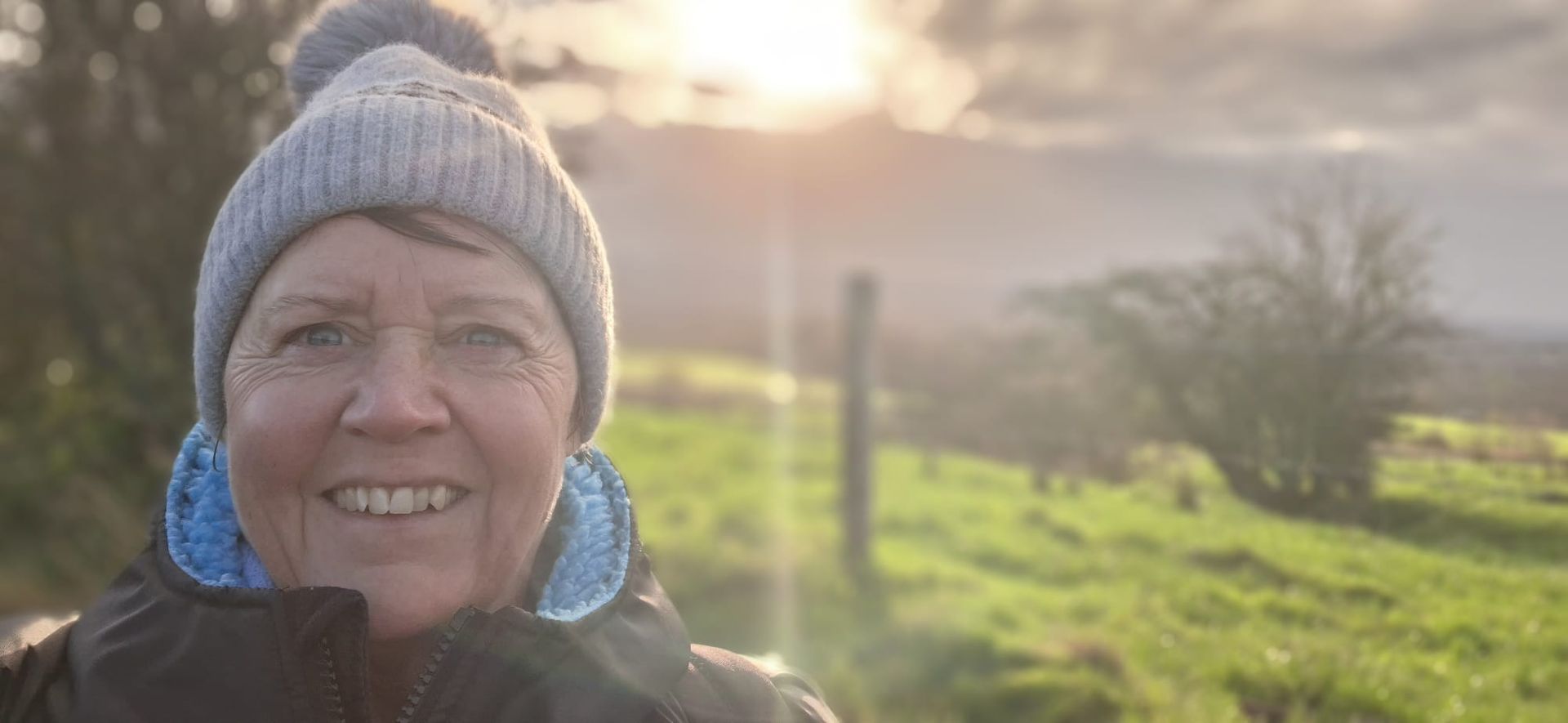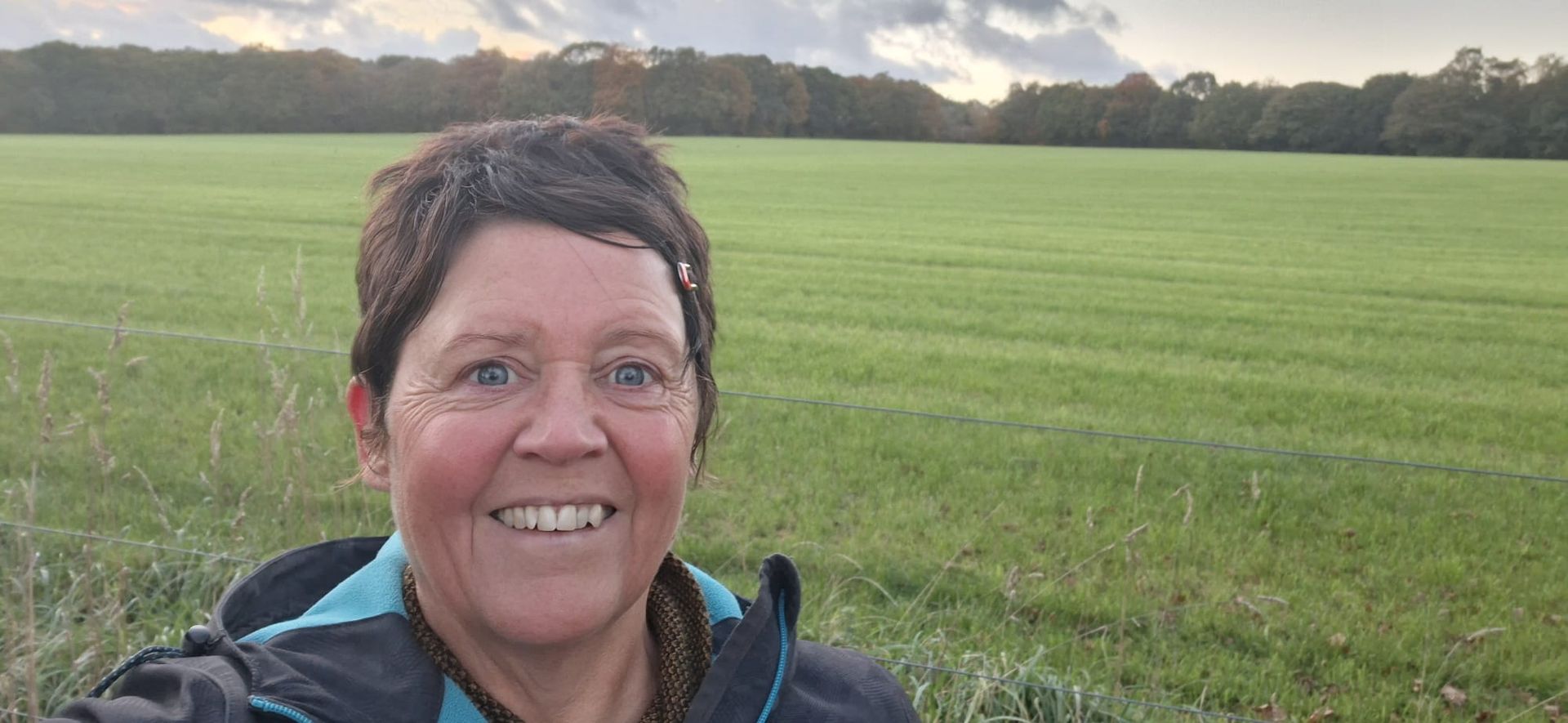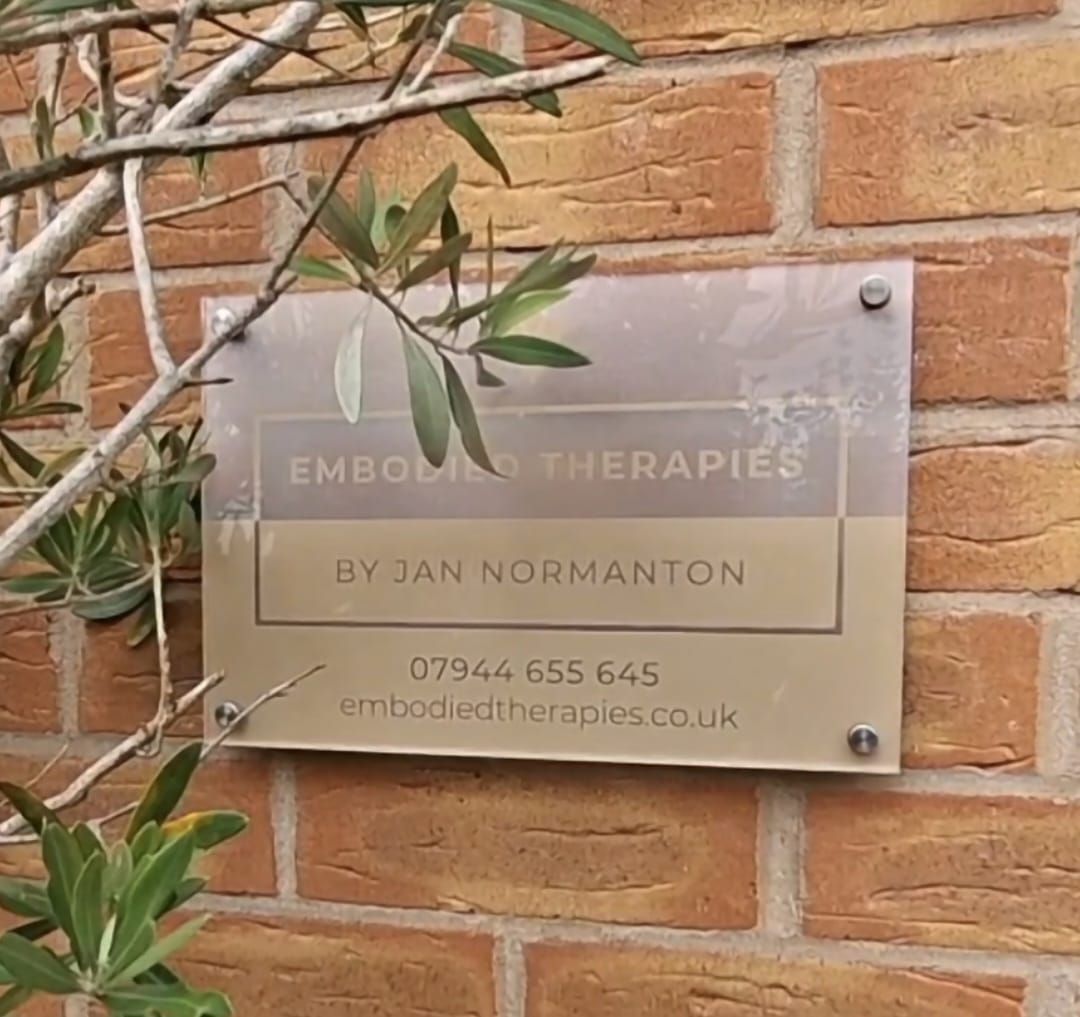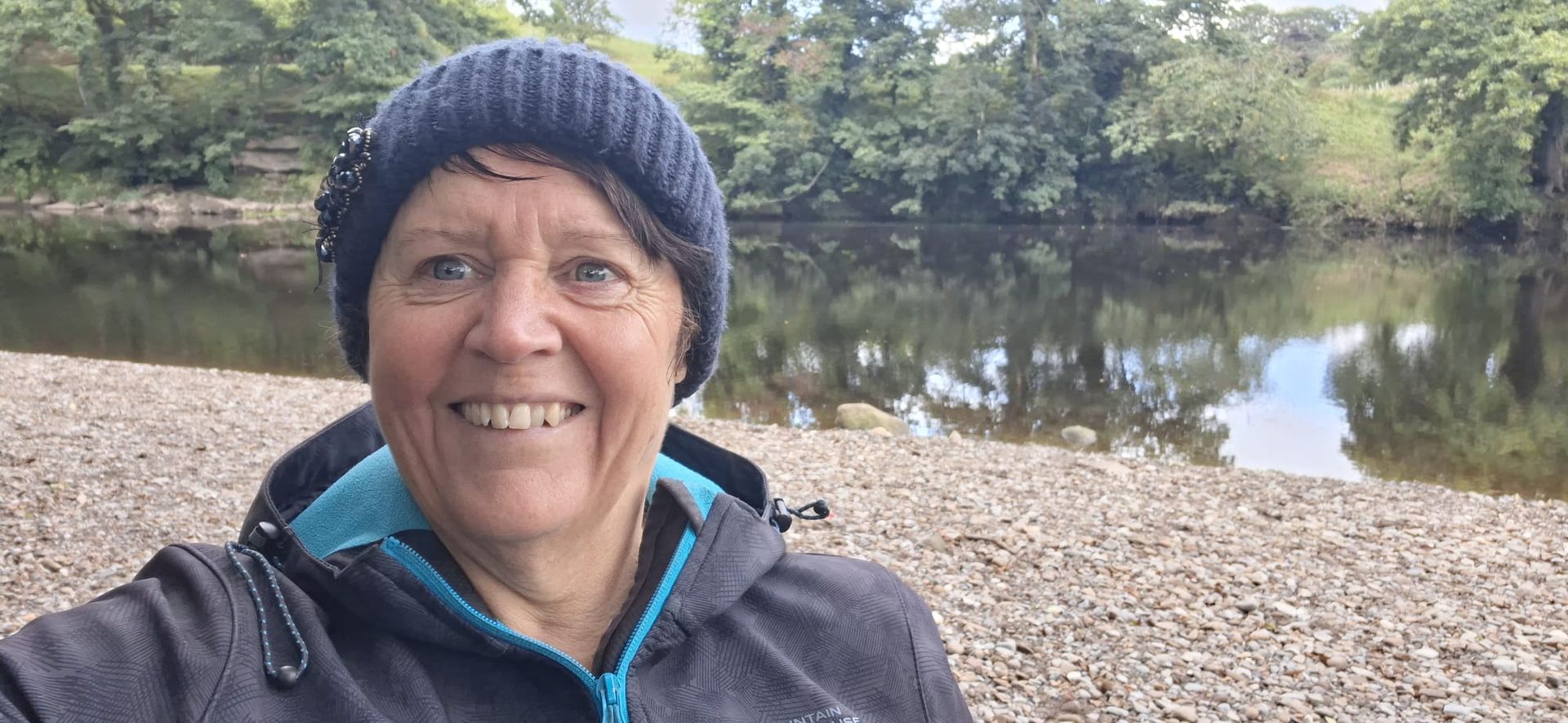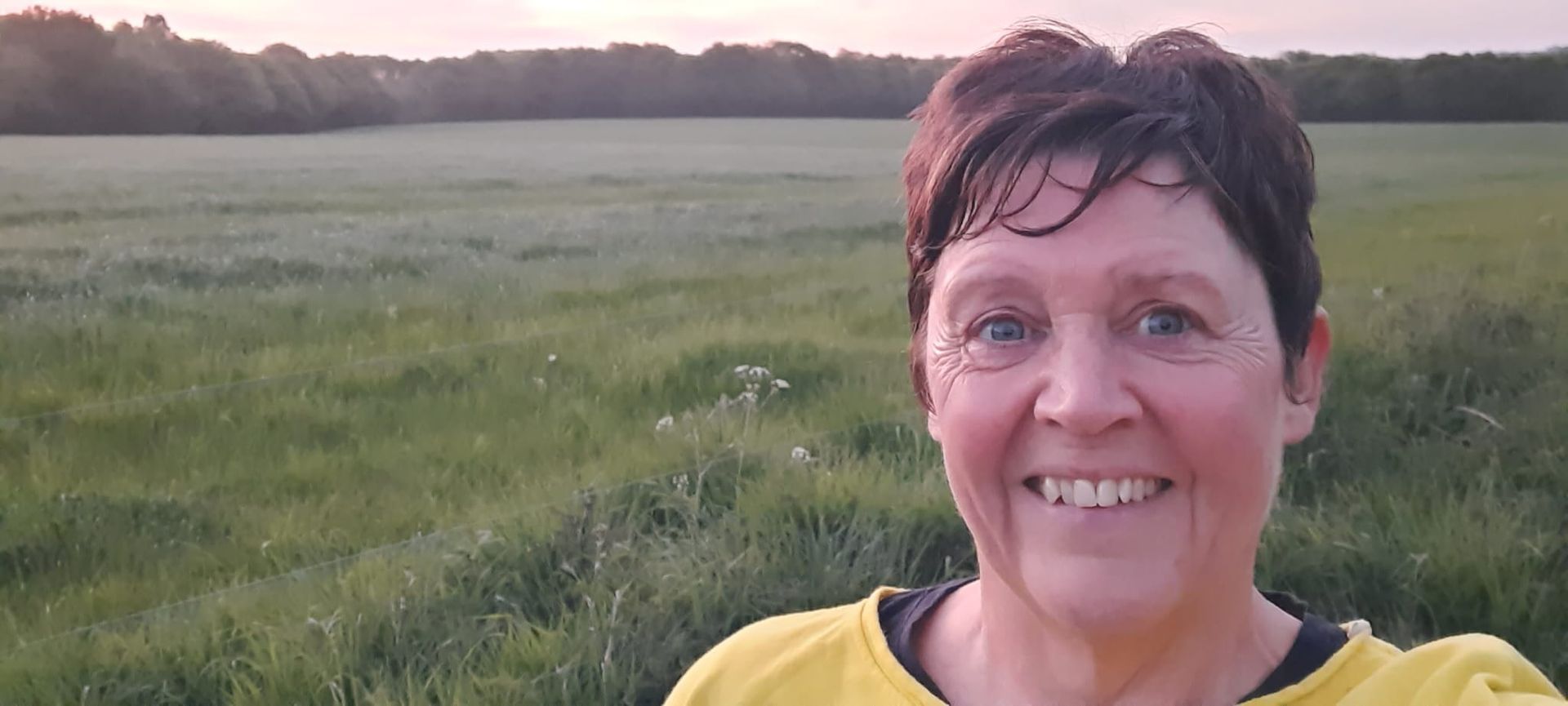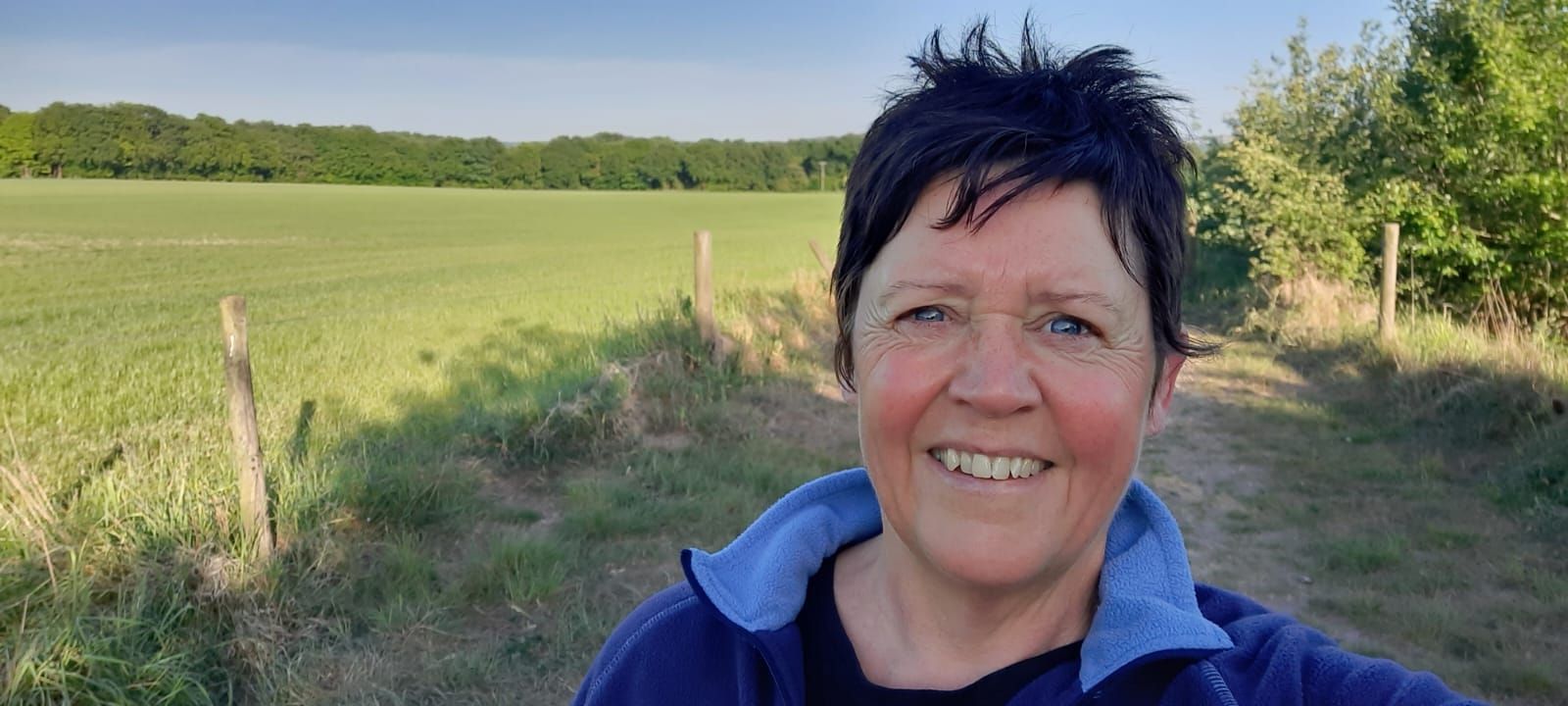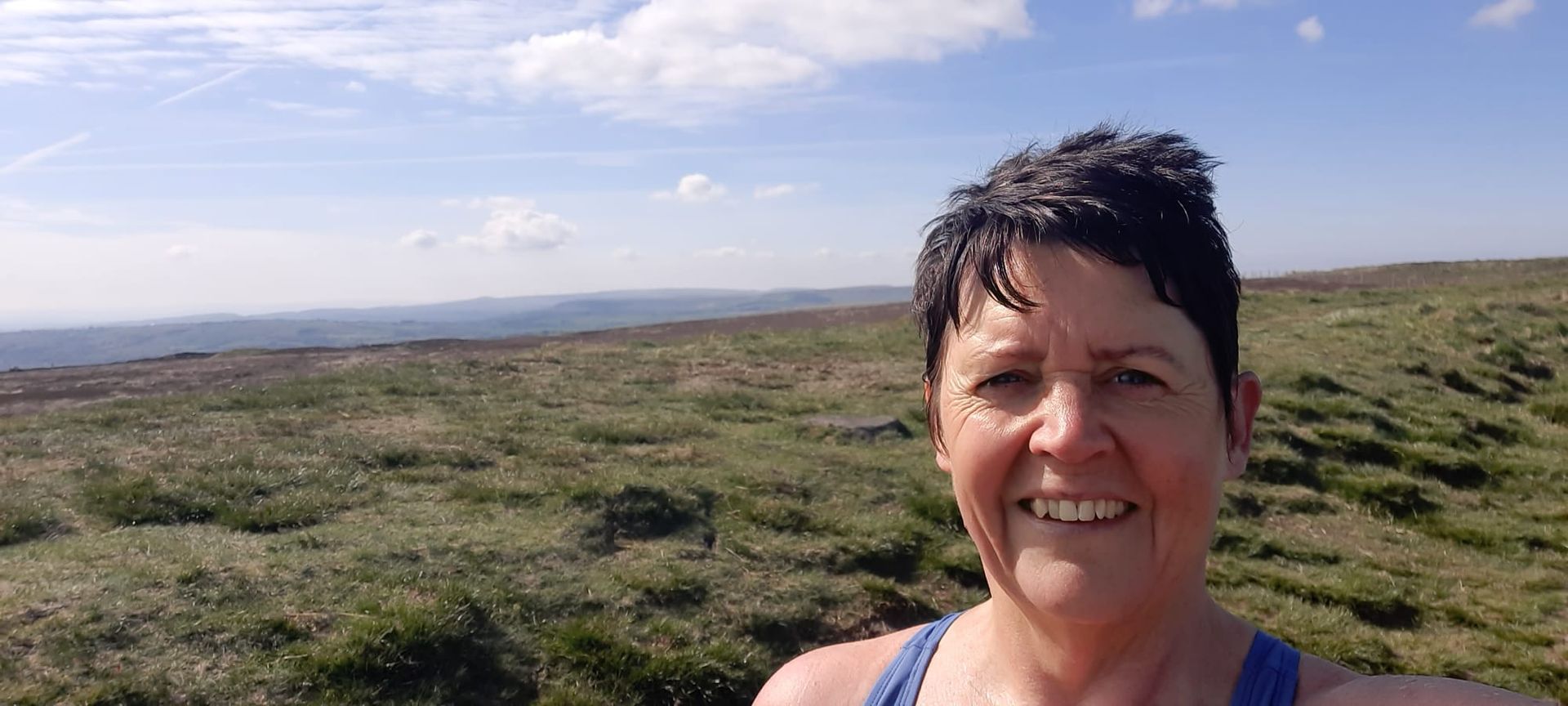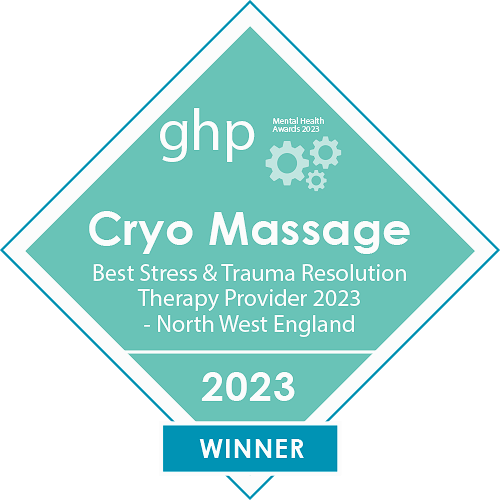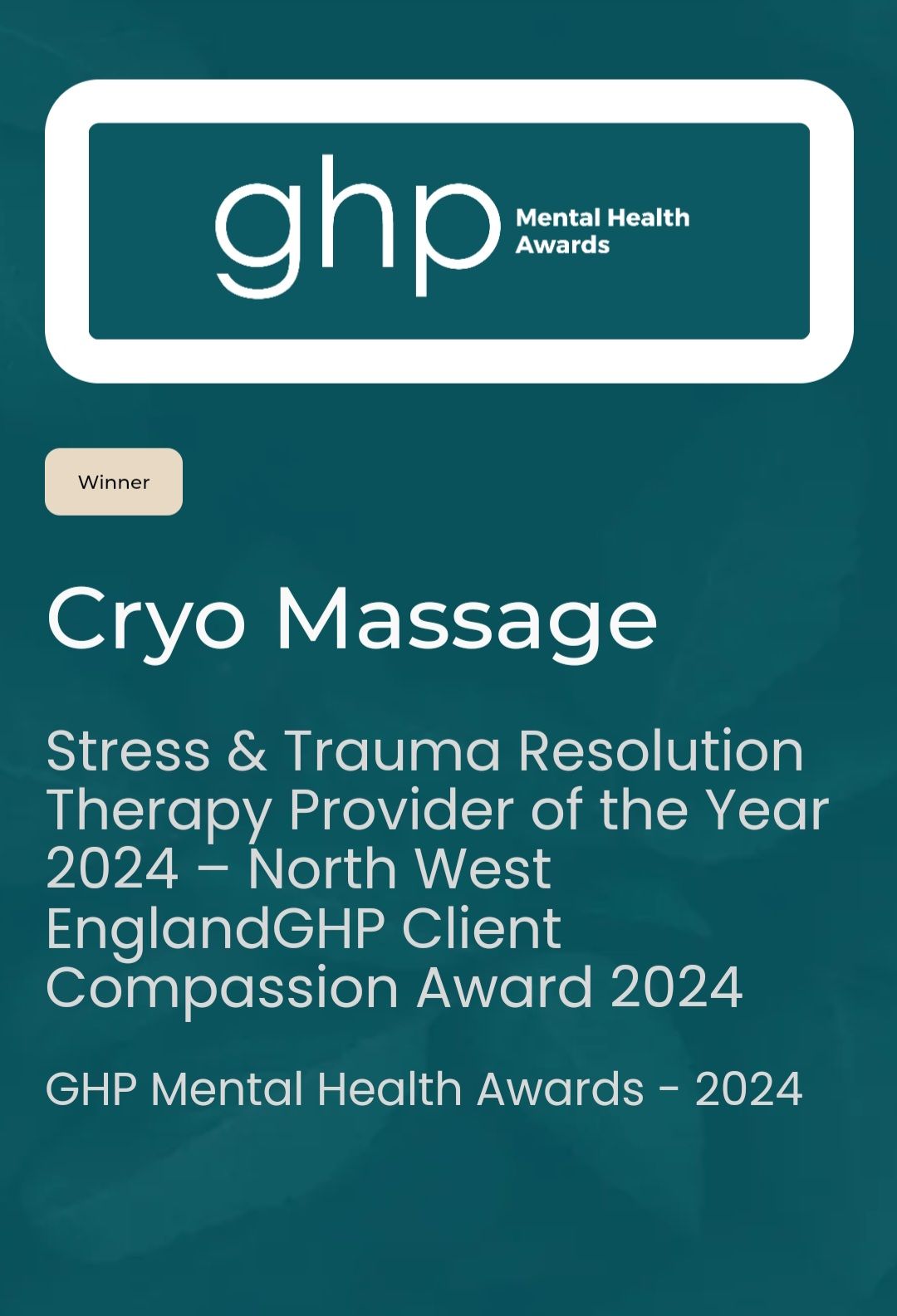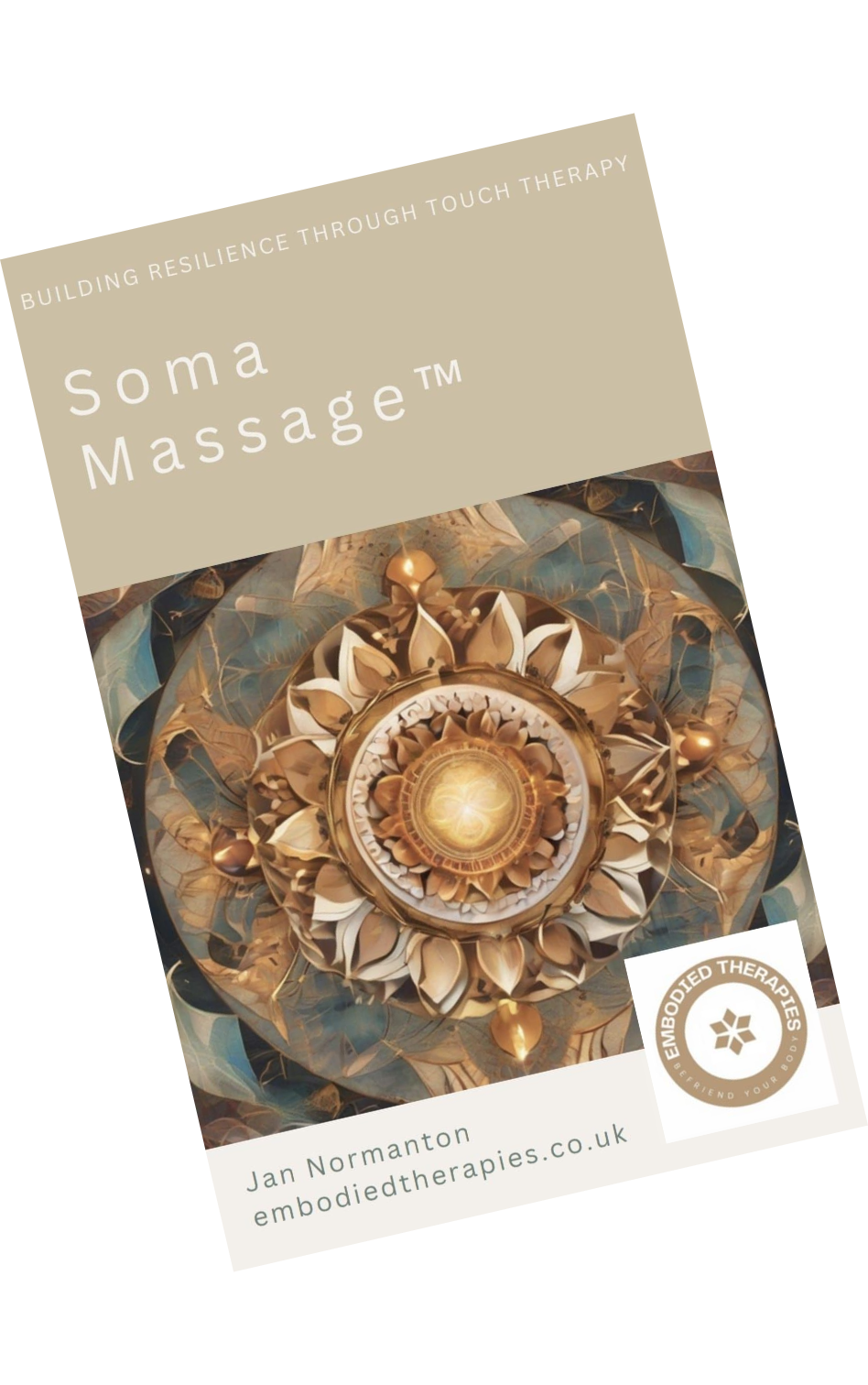How to manage triggers that send us into functional freeze
We will always be triggered – that’s life. It’s how we manage the triggers in the present differently to old coping strategies that support us to do differently and to change as we wish
Listen to this article
I was on holiday recently and had a beautiful time and yet at the start of the holiday I got massively triggered and it sent me straight into my automatic coping strategy from my youth which was to go into functional freeze.
I had nowhere to run, I couldn’t fight my way out of the situation, very similar to way back when in my teens and so I would automatically back then, that would be my go to - to go to functional freeze.
And the same happened this time, and even with all my training, understanding, awareness around trauma, triggers, etc, nervous system regulation, this happened to me. I went into a functional freeze automatically, and it took me a while to come out of it. Because our bodies get used to it, it knows it, it’s comfortable with it, even though I understood what was happening and it wasn’t serving me particularly, but that’s what was happening for me, even in paradise!
So when clients tell me sometimes oh, they wish they could move to the other side of the world, go and live somewhere else, I often explore with them what that actually means. Because we take ourselves with us of course, we take our nervous systems, our coping strategies, our brains with us, so we can’t escape ourselves really. So, I often explore with them if that’s pure out and out escapism and that are wanting to get away from themselves really, and that’s happened to me many a time in the past.
So, back to my story being on holiday, I found what helped most as my brain wanted to just stay there and my strategy was to just immerse myself in books, like way back when I would study to manage my traumas in my youth.
I had to start moving gently and gradually and with awareness and keeping myself safe all the while, and in this way, this is how we work with our triggers. We don’t want to squash them and get angry about them and get upset about it and think that we failed in any which way.
It’s a case of recognising what’s happening, that we have been triggered. It happens so instantly, way ahead of our cognition and so it’s good to then notice what’s happening and to be okay with that trigger. However then to work with the nervous system, with our bodies, with ourselves and to start to mobilise the stuck energy if that’s where we’ve gone - into functional freeze, into fright states - and to work and to convey that message that we’re safe basically.
The spectrum is from fear to safety, from danger to safety ultimately, and so it’s moving ourselves along that ladder, along that spectrum, back into safety and almost proving to the body that we are safe, and that we’re able to mobilise and move and then go about our business in the present tense again.
So that happened to me. I hope that’s helpful as an example of what can happen when we get triggered and then what to do about it. It can take time but it’s working with the body not against the body.
Our body isn’t our enemy, it’s our friend and it’s a case of recognising what’s happened and then being compassionate, loving, caring to ourselves, moving ourselves out of those old coping strategies and supplanting these with new coping strategies, how we cope in the present, and this is how we change our physiology into safety and how we change those triggers gradually.
We will always get triggered, that’s life. It’s just how we cope with those triggers and learning new coping strategies to support us better.

